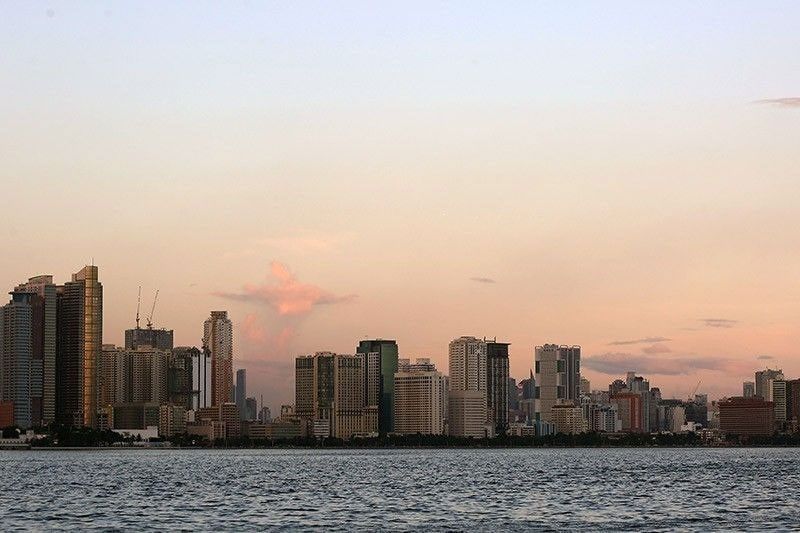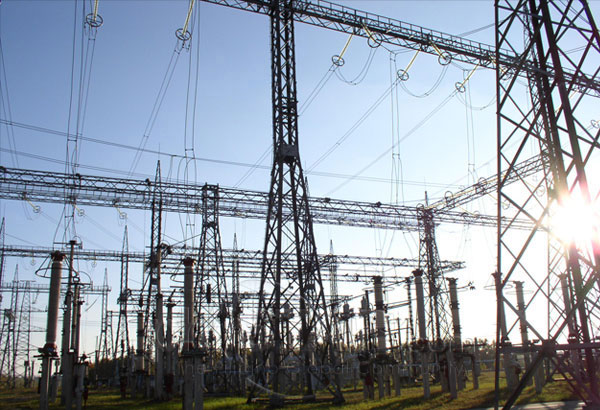‘Developing countries at greater risk from global economic downturn’

MANILA, Philippines — Emerging and developing economies (EMDEs), including the Philippines, are now less positioned to withstand a deeper global economic downturn because of insufficient long-term growth prospects, the World Bank said in a new report.
The new study titled “A Decade after the Global Recession” said 145 emerging and developing economies worldwide now have more resilient policy frameworks to respond to challenges, but may still be unable to respond to slowing global growth as they were able to do during the 2009 global recession.
The Asia Pacific region alone is home to 22 EMDEs.
The study noted that since the 2009 global recession, many emerging and developing countries have become vulnerable to external shocks, but were able to respond with stronger policy frameworks such as fiscal rules and inflation targeting monetary policies.
The regulation of the financial sector in such economies have also been strengthened.
As such, those countries also face the challenge of maintaining sufficient policy space to respond to shocks.
“Although EMDEs weathered the global recession a decade ago relatively well, they now appear less well-placed to cope with the substantial downside risks facing the global economy. In many EMDEs, the room for monetary and fiscal policies to respond to shocks has eroded; underlying growth potential has slowed; and the momentum for improving policy frameworks, institutions, and business climates seems to have slackened,” said the study.
The report said there is a prevailing concern that the global economy may again experience a downturn in the near future as recent data reflect broad-based weakness in industrial activity and world trade as a result of the ongoing trade wars.
Although global growth can be expected to stabilize in 2020, global financing conditions can be expected to remain weak.
Even with the assumption that there will be no further escalation in trade tensions between major economies and there is stability in commodity prices, the growth momentum in EMDEs is “fragile and risks are tilted to the downside.”
For commodity exporting EMDEs, this means they face a world where the growth of demand for their products will likely be weaker.
With slower long-term growth prospects for EMDE countries, the World Bank said poverty reduction efforts may take a hit.
Other than inflation-linked monetary policy response, the World Bank recommends the diversification of sources of growth for EMDEs.
“Lack of diversification tends to make economies more vulnerable to shocks. Successful diversification of economies requires investment in human capital, technology, and institutions, as well as sound regulation that can, over time, become the source of rapid productivity growth,” said the report.
This year marked the 10th year since the last global recession in 2009.
The world economy has so far experienced four global recessions over the past seven decades: in 1975, 1982, 1991, and 2009. During each of these episodes, annual real per capita global GDP contracted, and this contraction was accompanied by weakening of other key indicators of global economic activity.
“A better understanding of global recessions requires an appreciation of the growing importance of emerging market and developing economies and of cross- border trade and financial linkages,” said the report.
The National Economic and Development Authority (NEDA) has been pushing for the passage of laws that will usher in structural reforms.
These include the Foreign Investment Act, Public Service Act, and Retail Trade Liberalization Act to encourage the influx of private investments and increase the efficiency of transactions with government agencies.
Likewise the National Land Use Act aims to harmonize sector-specific land use policies and institutionalize land use planning.
- Latest
- Trending






























